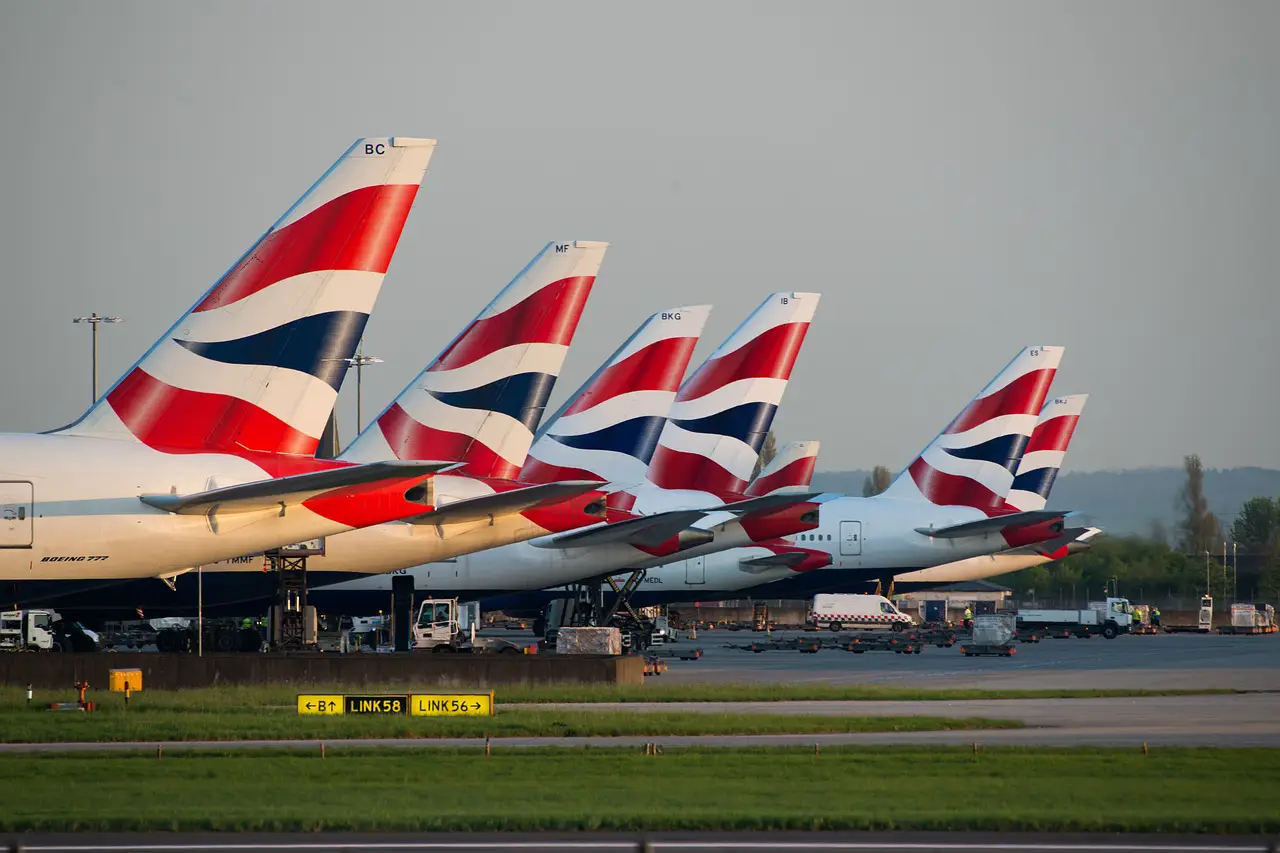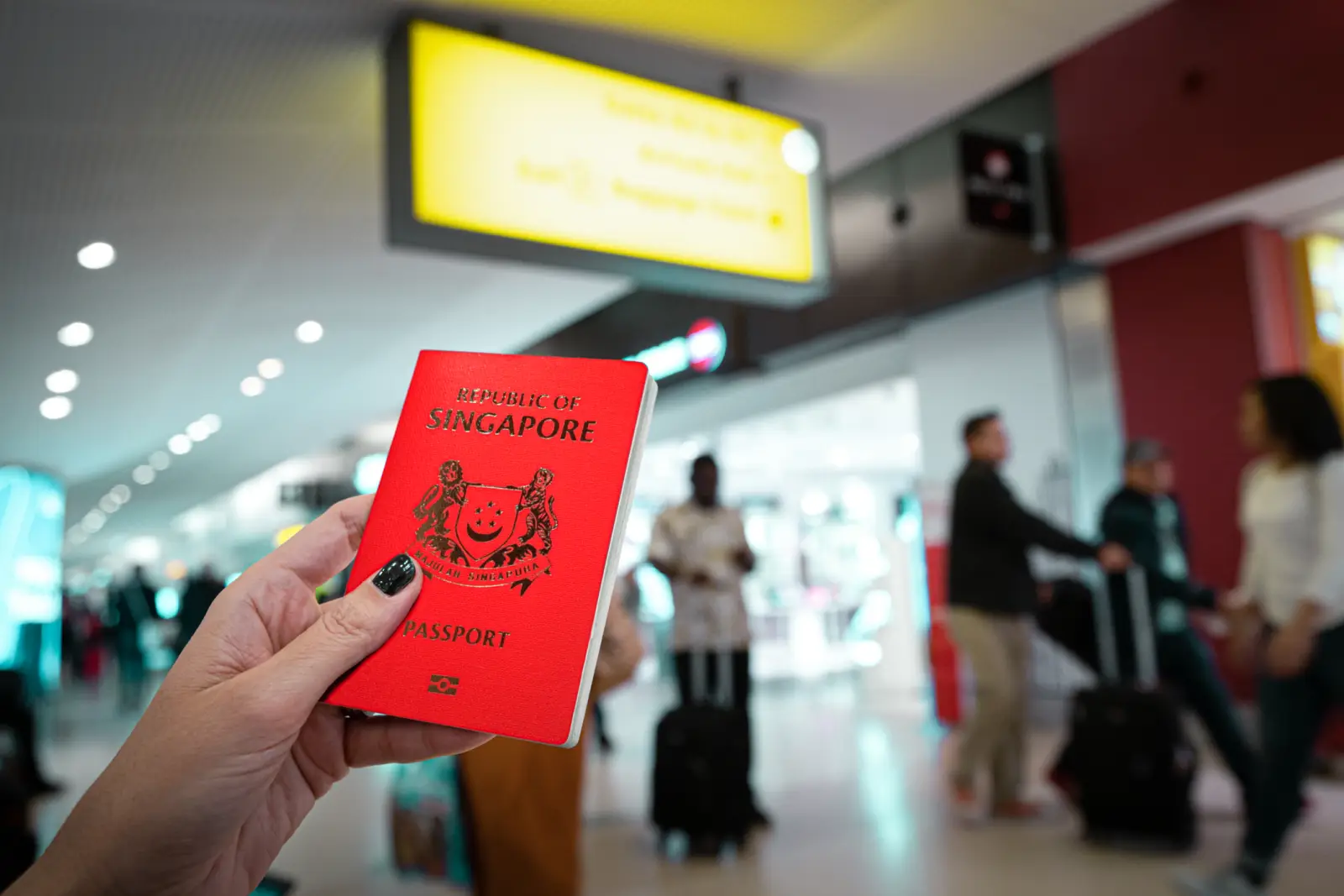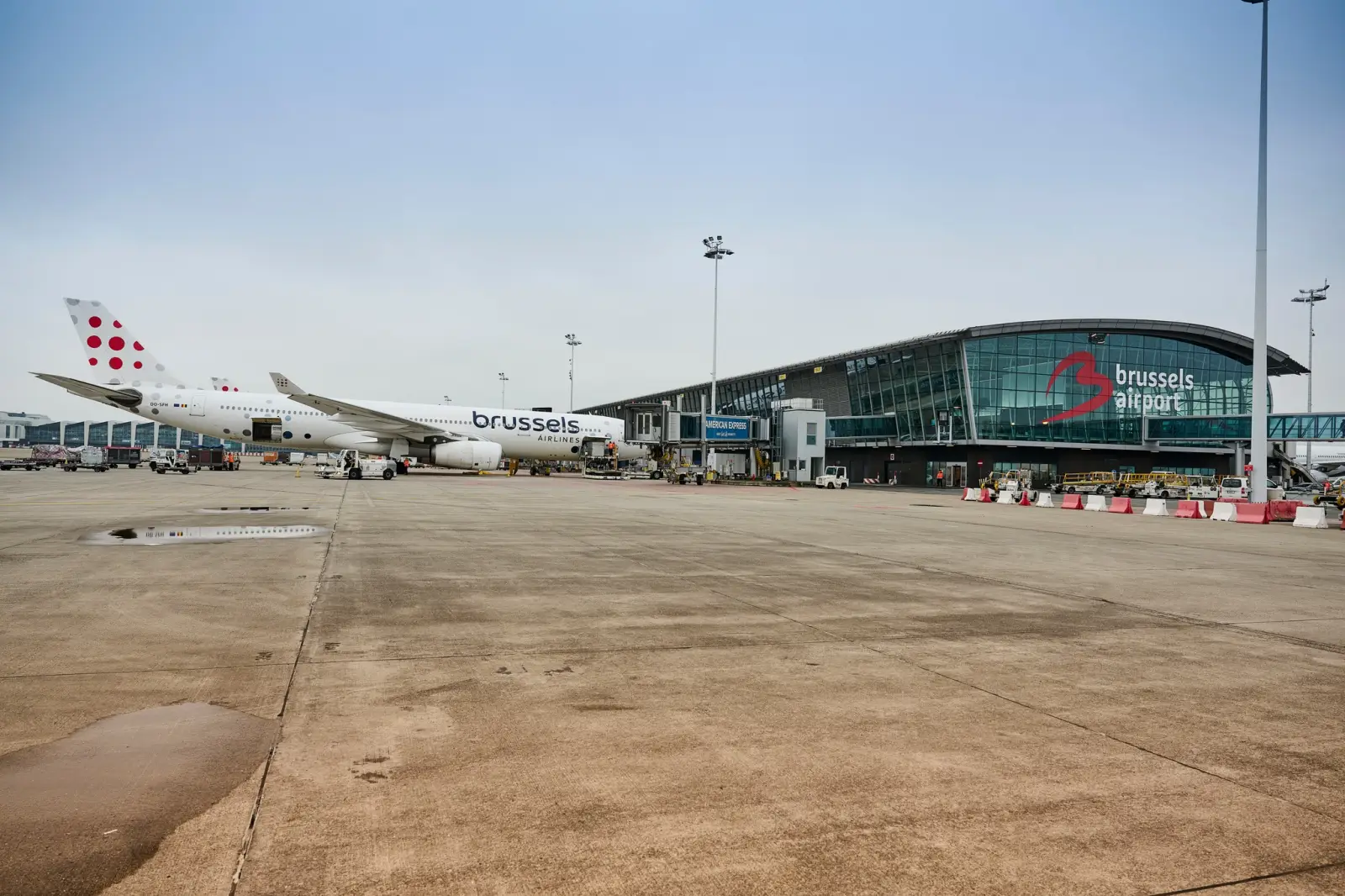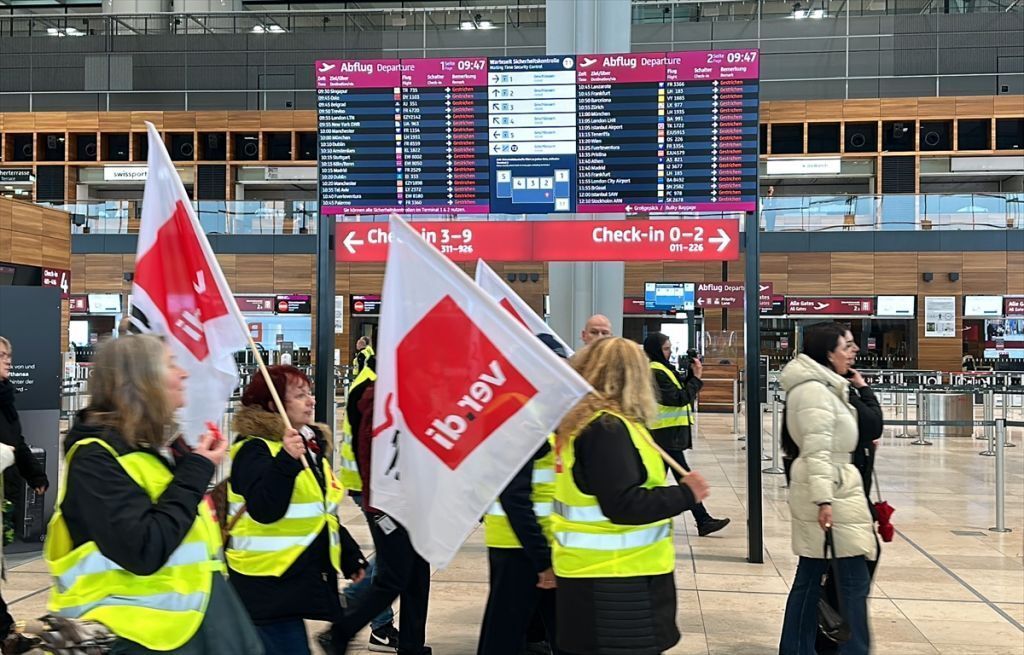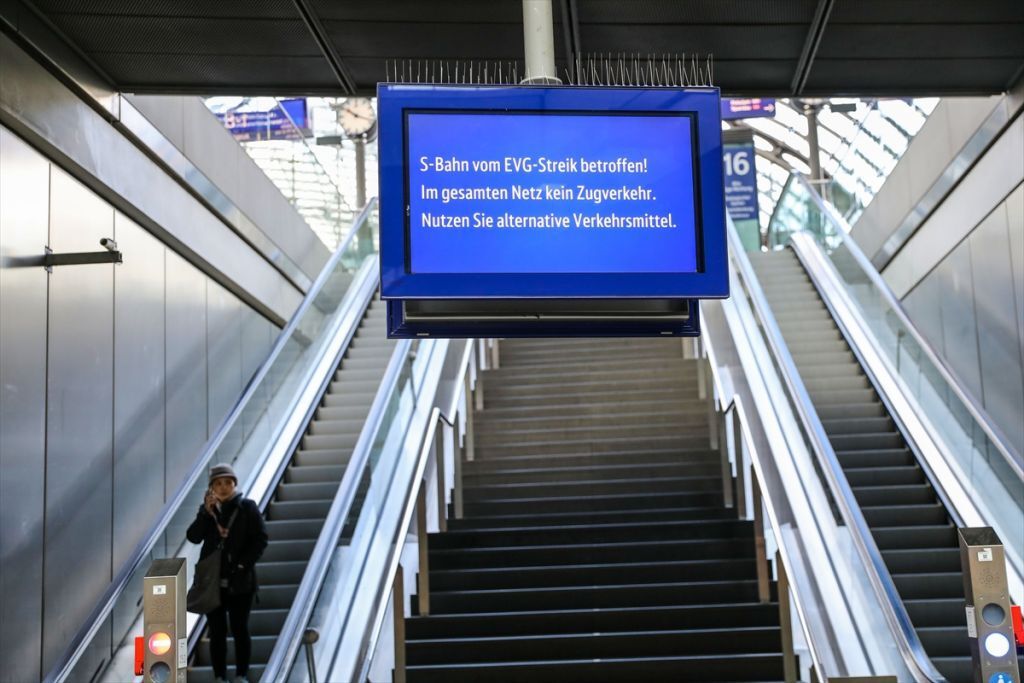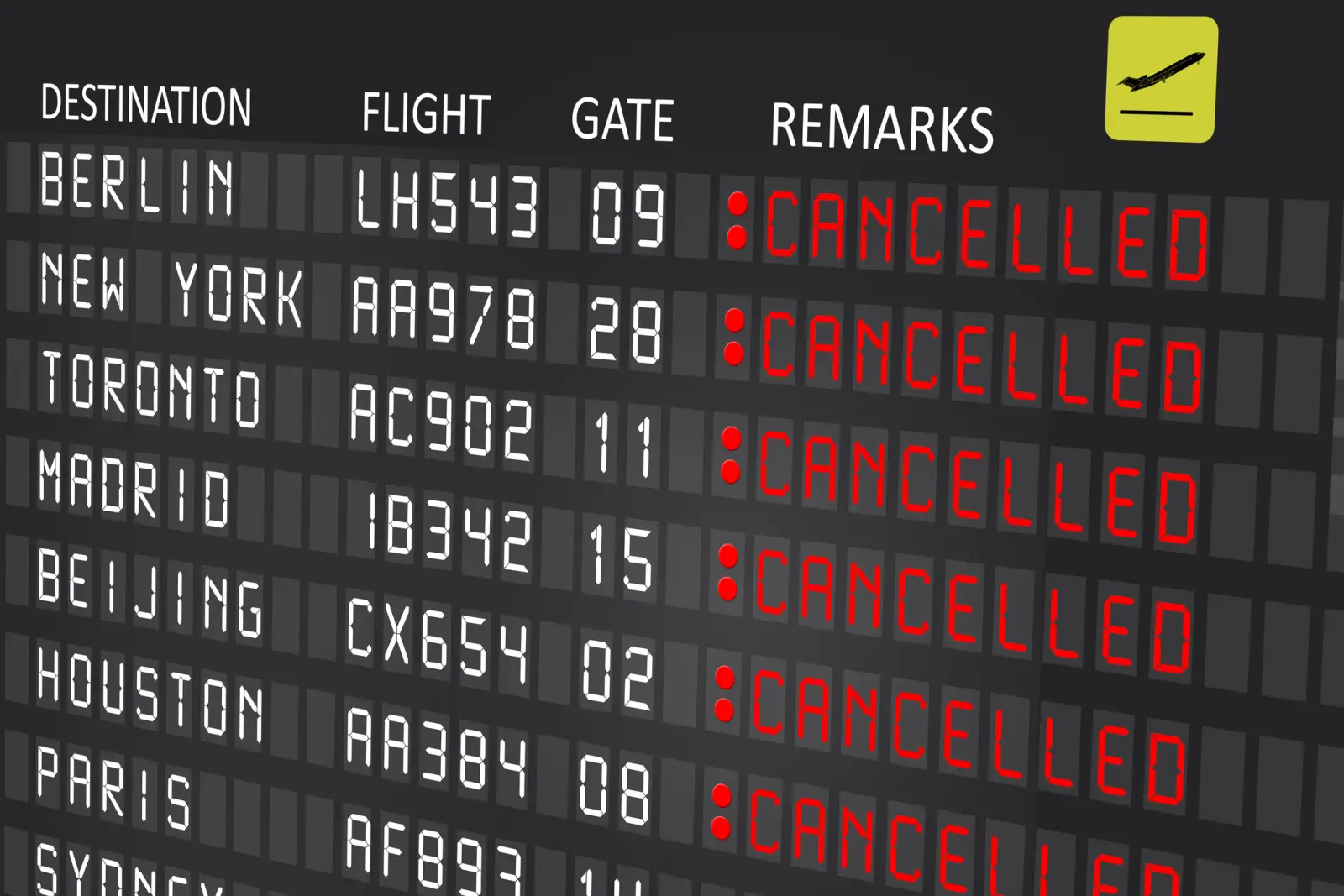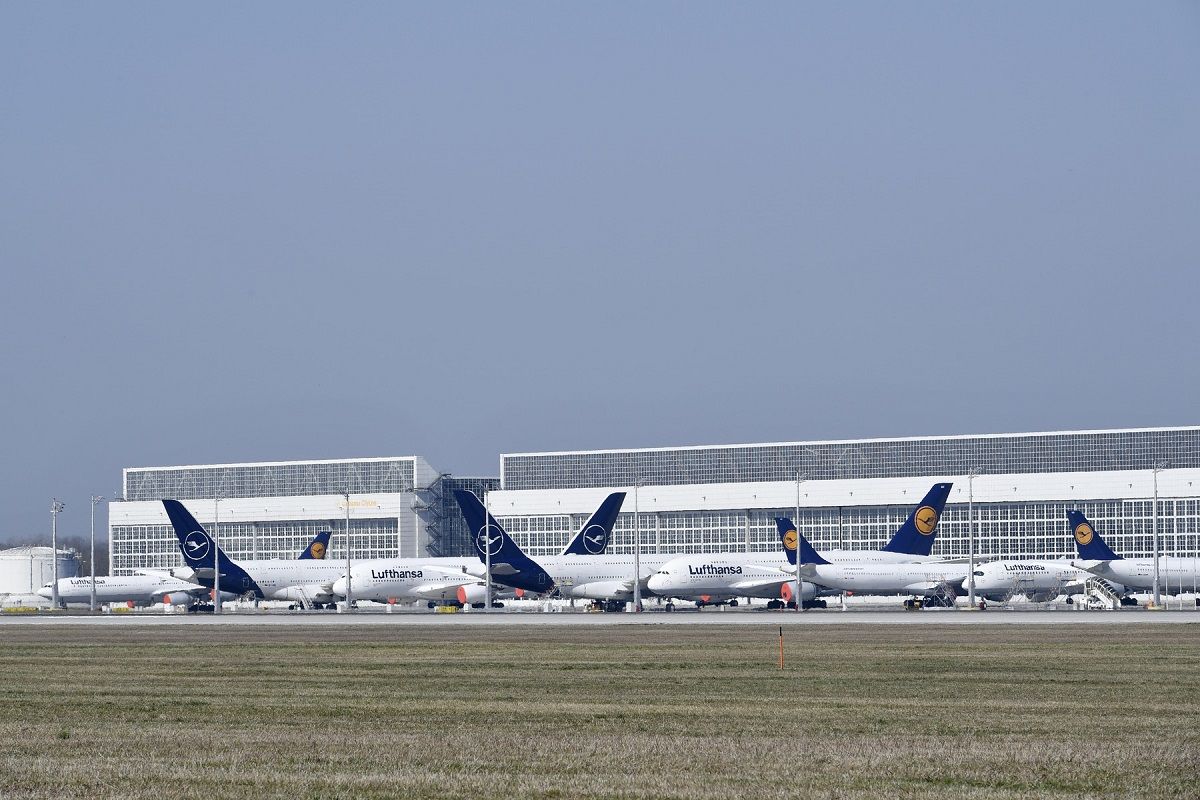Workers at the Civil Aviation Authority (CAA) in the UK are preparing to strike for the first time in 40 years, threatening to disrupt flights and cause delays across the aviation sector.
The industrial action, set to begin on January 20th, stems from a heated dispute over pay between the CAA and its staff, represented by the Prospect union.
The strike action will take the form of an overtime ban and strict adherence to working hours, a significant move given that the CAA relies heavily on its staff working beyond their contractual obligations. This additional work is essential for maintaining smooth operations across the sector, and without it, passengers and airlines could experience significant disruptions.
At the heart of the dispute is a 3-4% pay increase imposed by the CAA – a figure that falls short of inflation and lags behind comparable civil service and industry pay rates. The Prospect union, which represents 360 CAA employees, has described the offer as insufficient. Rachel Curley, Prospect’s deputy general secretary, emphasized that the staff had been left with no choice but to strike after the CAA failed to negotiate in good faith.
“Our members don’t want to take industrial action but have been left with no choice after unacceptable tactics from the employer,” Curley stated, adding that there was still time to avoid the strike if the CAA returned to negotiations with a fairer offer.
The impending action could result in delays in aircraft certification, airline upgrades, and safety regulations, directly impacting projects like British Airways’ plans to introduce a luxury hotel-style first-class cabin on its A380 superjumbo fleet by mid-2026. The certification of new aircraft and modifications to existing ones rely on CAA staff working overtime, making these processes vulnerable to disruption.
Since Brexit, the CAA has taken on increased responsibilities, further stretching its workforce. The post-Brexit landscape has seen the regulator assume control over certification, policy development, and research that was previously shared with European aviation bodies. This added workload has heightened reliance on overtime and additional work hours from staff.
If unresolved, the industrial action could ripple across the aviation industry, causing delays in airline schedules, aircraft approvals, and operational oversight. Passengers planning to fly in early 2025 could face the brunt of these disruptions, particularly on routes requiring aircraft with newly certified modifications or updated safety checks.
With the strike looming, all eyes are on the CAA and Prospect to see if negotiations will resume and a compromise will be reached. Until then, travelers and airlines alike face uncertainty as the UK aviation sector braces for turbulence.

